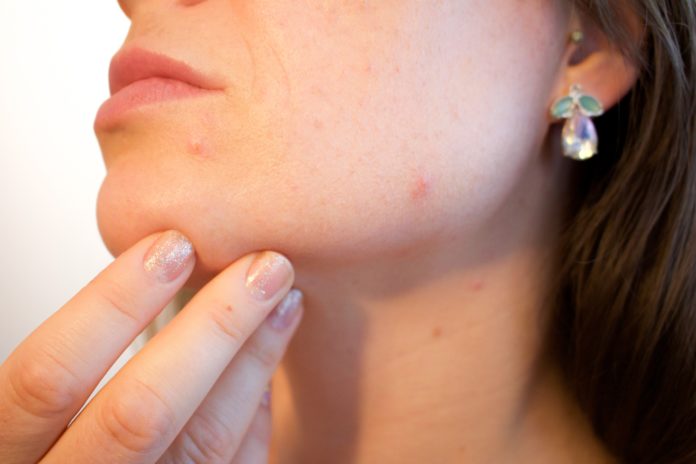Your skin problems may signal impending mental health problems, finds analysis of electronic health records database in the United Kingdom
An analysis of one of the largest electronic medical records databases in the world has revealed that patients with acne had a significantly increased risk of developing major depression, but only in the first 5 years after being diagnosed with acne.
The analysis in the British Journal of Dermatology included data from The Health Improvement Network (THIN) (1986-2012), a large primary care database in the United Kingdom. The investigators found that the risk for major depression was highest within 1 year of acne diagnosis–a 63% higher risk compared with individuals without acne–and decreased thereafter.
Given the risk of depression was highest in the period right after the first time a patient presented to a physician for acne concerns, it shows just how impactful our skin can be towards our overall mental health.
The results indicate that it is critical that physicians monitor mood symptoms in patients with acne and initiate prompt treatment for depression or seek consultation from a psychiatrist when needed. Acne is a skin condition that occurs when your hair follicles become plugged with oil and dead skin cells. It often causes whiteheads, blackheads or pimples, and usually appears on the face, forehead, chest, upper back and shoulders.
Acne is most common among teenagers, though it affects people of all ages. Depression is a common mental disorder. Globally, more than 300 million people of all ages suffer from depression, says the World Health Organisation. Depression is the leading cause of disability worldwide, and is a major contributor to the overall global burden of disease. More women are affected by depression than men.
“This study highlights an important link between skin disease and mental illness. Given the risk of depression was highest in the period right after the first time a patient presented to a physician for acne concerns, it shows just how impactful our skin can be towards our overall mental health. For these patients with acne, it is more than a skin blemish–it can impose significant mental health concerns and should be taken seriously,” said lead author Dr. Isabelle Vallerand, of the University of Calgary, in Canada.


